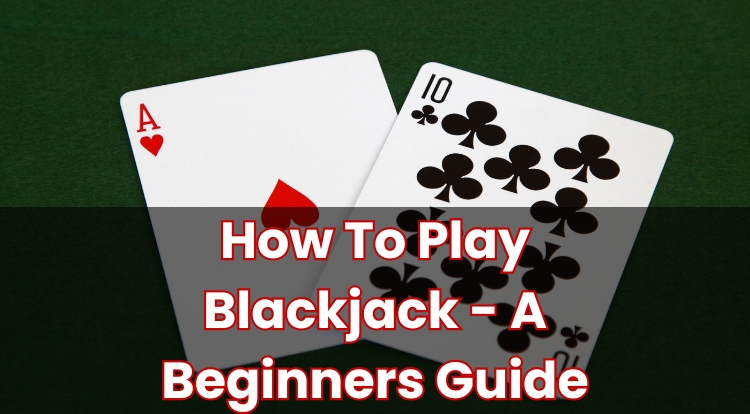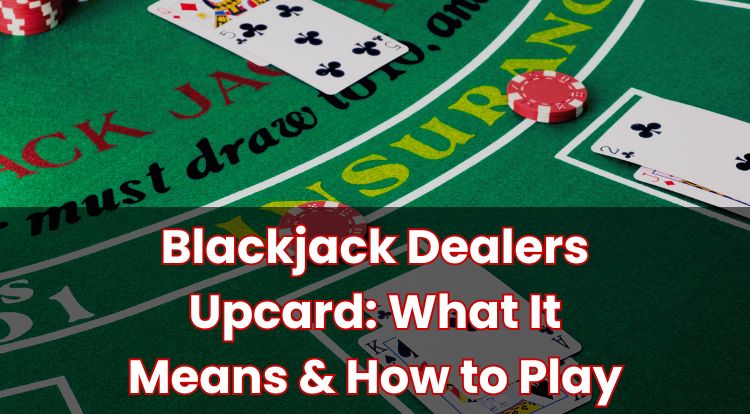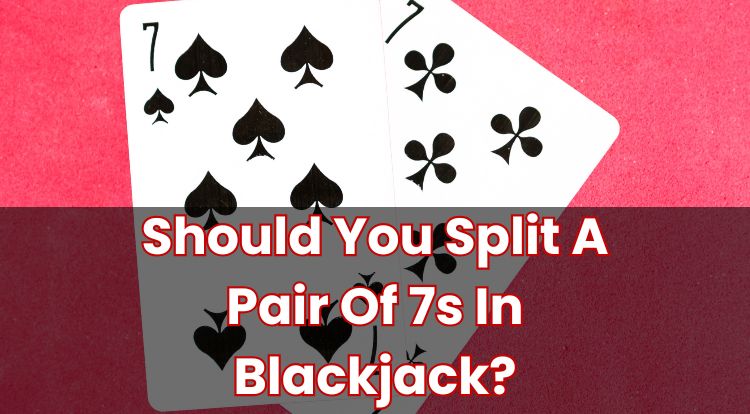Should You Split 8s Against A Dealers 10 In Blackjack?
Blackjack is a game of strategy and chance, where each individual decision can change the outcome of the game. One choice that players are often confronted with is whether or not to split a pair of 8s when facing a dealer’s 10.
This situation is common in blackjack games, and it’s crucial to understand the best strategy to use to give yourself the best tactical advantage- missteps at this stage could mean the difference between a winning hand and a losing one further on in the game.
In this post, we’ll explore this specific scenario, helping you make informed decisions at the table. Whether you’re a beginner or just looking to refine your game, there’s something in here for you.
What Is Splitting In Blackjack?
In blackjack, splitting is a move that players can make when they’re dealt two cards of equal value, allowing them to split these cards into two different hands that can be played separate from each other.
When you choose to split, you must place an extra bet, equal to your original wager. After this, the dealer separates your pair and gives each card a new partner from the deck.
Splitting gives players the chance to potentially double winning, or at least, lessen their losses. It also offers a strategic opportunity to handle unfavourable starting cards more effectively.
However, it’s important to keep in mind that splitting comes with risk, so knowing when to use this strategy can make a big difference to your gameplay. With the basics of splitting in mind, you can now begin to consider whether to split 8s against a dealers 10.
When Should You Split In Blackjack?
Splitting in blackjack can be a wise move, depending upon your hand and whether you’re knowledgeable on when to do it. Generally, you should consider splitting when you have a pair that can potentially improve your chances of winning.
A common and strategic rule of thumb is to always split aces and 8s. Splitting aces gives players a chance to draw a strong card, possibly even a 10 for a blackjack. Splitting 8s helps you to avoid having a total of 16, which is often a losing hand.
On the flip side, certain pairs like 10s or 5s are usually better kept together, a pair of 10s gives you a solid 20 while keeping a pair of 5s can potentially lead to a better total with the next card, like a high face card.
Should You Split 8s In Blackjack?
Splitting 8s in blackjack is generally considered a smart move, even when you’re up against a dealer’s strong card, like a 10. Here’s why:
A pair of 8s totals 16, which is a tricky hand to play. It’s one of the weaker starting hands because you’re likely to bust if you hit, and standing offers little chance of winning.
By splitting the 8s, you create two opportunities to form more competitive hands. Each new hand starts with an 8, and there’s potential to draw a 10, resulting in a decent hand of 18.
While it might feel risky to split when the dealer is showing a 10, doing so allows you to potentially turn a weak position into a stronger one. Playing two hands instead of one makes it possible to lose less money in the long run.
Should You Split 8s Against a Dealer’s 10?
Faced with a tough hand, you might wonder if splitting 8s against a dealer’s 10 is the right move. While it might seem counterintuitive, many experts agree that splitting is a wise choice.
When you have two 8s, your total is 16, which is a challenging hand to improve upon. Against a dealer’s 10, this puts you in a precarious position, as the dealer has a strong chance of forming a solid hand.
By choosing to split, you create two new hands, each starting with an 8. This gives you the chance to draw cards that could form better hands than the original 16.
While splitting doesn’t guarantee a win, it can potentially reduce losses over time. This strategy aims to maximise your chances of turning a difficult situation into a more favourable one.
Understanding when to split is a valuable part of playing blackjack and can make a noticeable difference in your results.
**The information provided in this blog is intended for educational purposes and should not be construed as betting advice or a guarantee of success. Always gamble responsibly.




